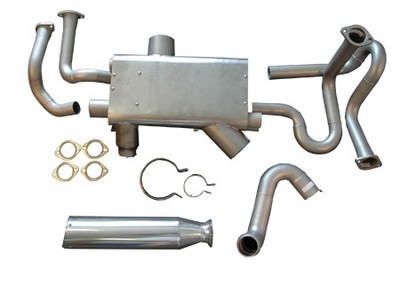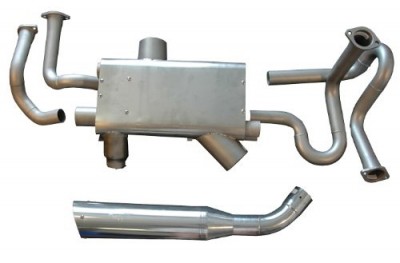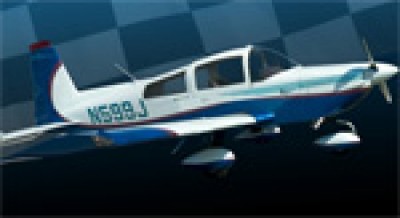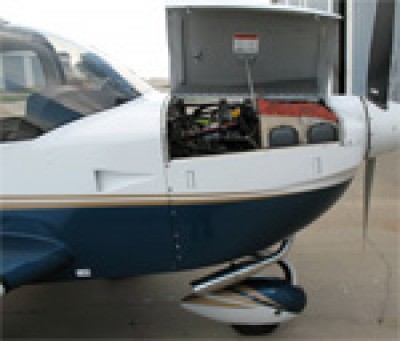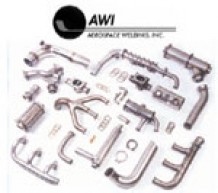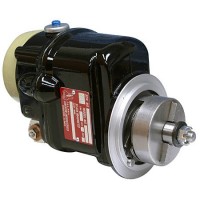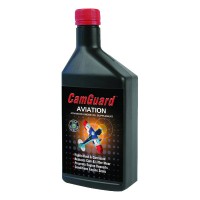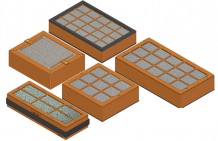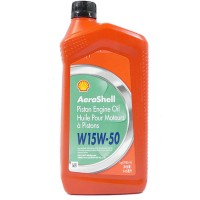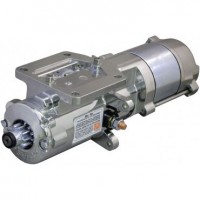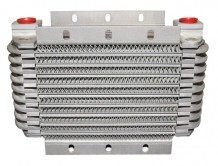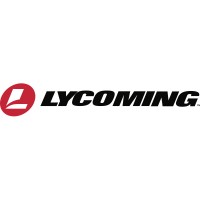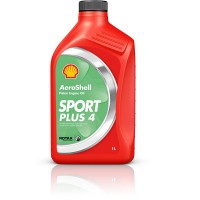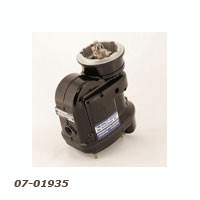| Application | Type | Model | Part Number | Price | Buy |
|---|---|---|---|---|---|
| -- | Short Stack Polished | PFS-13803-InternalC | 08-05973 | $6500.00 | |
| -- | Short Stack Ceramic | PFS-13801-Internal CCER | 08-05974 | $6800.00 | |
| -- | Short Stack Polished | PFS-13802-InternalC | 08-05976 | $6700.00 | |
| -- | Short Stack Ceramic | PFS-13802-Internal CCER | 08-05977 | $7000.00 | |
| AA-5B, AG5-B with O-360 | Classic Polished | PFS-13803 | 08-00637 | $6700.00 | |
| -- | Classic Ceramic | PFS-13803-Ceramic | 08-05978 | $7000.00 | |
| -- | Short Stack Polished | PFS-13803-InternalC | 08-05979 | $6700.00 | |
| -- | Short Stack Ceramic | PFS-13803-Internal CCER | 08-05980 | $7000.00 |
- JUMP TO
- Overview
- Reviews
- Q&A
- View in Catalog
Overview
|
Bolt-On Horsepower. Complete replacement of your exhaust system. For Grumman Tigers (all years) with Lycoming O-360 engines. You have seen similar technologies in race cars and motorcycles for years, now it is available for your Grumman Traveler, Cheetah and Tiger. By effectively emptying each cylinder our true tuned exhaust will give you a number of benefits. You will immediately notice an increase in RPM (30-130 more) as well as a significant improvement in rate of climb (avg. 200fpm). You can use less throttle to go the same speeds and save up to 2.2 gallons per hour. The Power Flow is a versatile, quality constructed, complete replacement of your entire exhaust system. You are in control. For more power, use the extra RPM. For fuel savings, throttle back and fly your pre Power Flow airspeeds. The entire system is constructed from stainless steel and includes minimal structural welds in the cabin heat section for improved safety. All necessary parts are included for easy installation on your Grumman Tiger. Our customers report an average install time of between 5-9 hours. |
WARNING: Cancer and Reproductive Harm - www.P65Warnings.ca.gov. |
Q&A
Please note, Aircraft Spruce's personnel are not certified aircraft mechanics and can only provide general support and ideas, which should not be relied upon or implemented in lieu of consulting an A&P or other qualified technician. Aircraft Spruce assumes no responsibility or liability for any issue or problem which may arise from any repair, modification or other work done from this knowledge base. Any product eligibility information provided here is based on general application guides and we recommend always referring to your specific aircraft parts manual, the parts manufacturer or consulting with a qualified mechanic.
Per supplier: The Ceramic Coated Tailpipe is an optional upgrade we offer for all of our Tuned Exhaust Systems. These systems are fabricated entirely from 321 Stainless Steel, generally considered one of the best materials available for an exhaust system. Unfortunately, Stainless Steel discolors when it gets hot (like the muffler on a motorcycle). This discoloration has absolutely no effect on either performance or reliability and the original polished finish can easily be restored with an application of stainless steel polish. If the customer is proud of his airplane’s appearance, though, and would rather spend his time flying than polishing, the Ceramic Coating on the tailpipe covers the discoloration up permanently with a shiny silver finish. One note of caution – we have had very good results with the Ceramic Coating on most of our Tuned Exhaust Systems. On the Grumman AA5 series aircraft, though, it does not hold up as well as it should. This is because the engine’s in the AA5’s frequently run a little hotter than average, causing the Ceramic Coating to flake-off prematurely. I therefore usually try to dissuade Grumman owners from adding the Ceramic Coated Tailpipe option to their orders.


